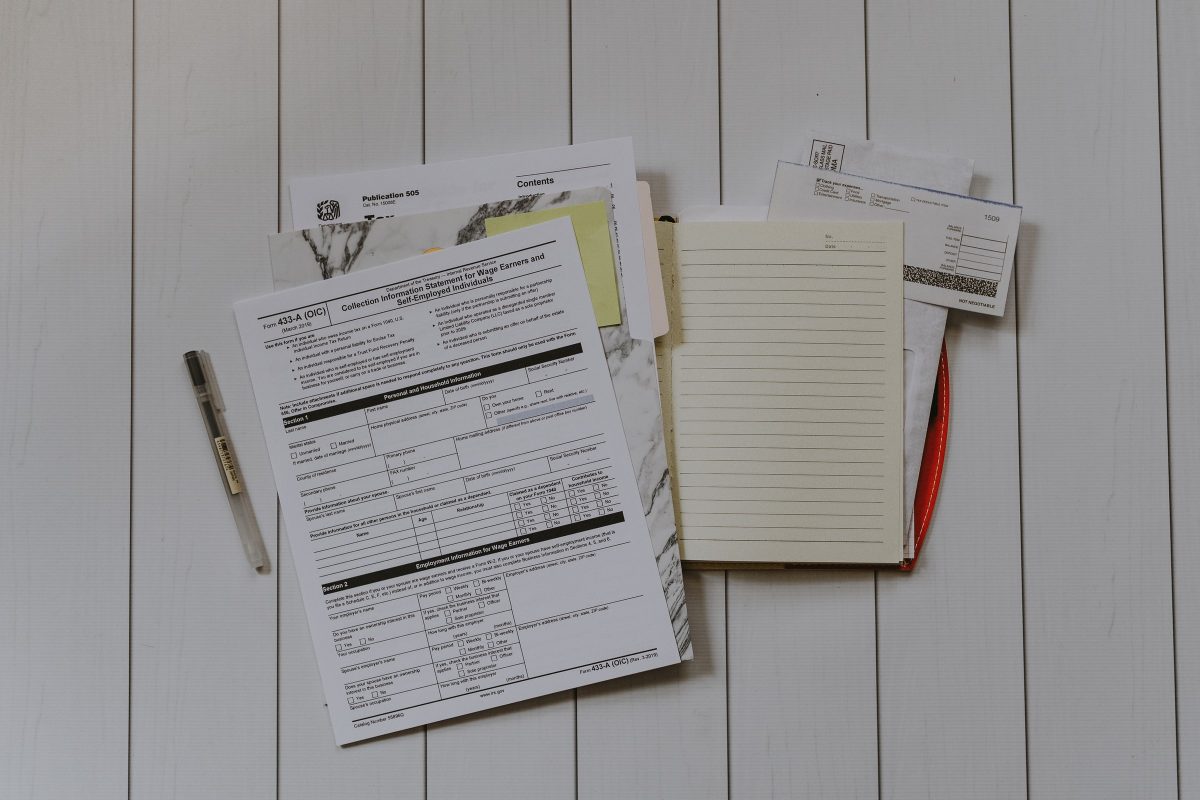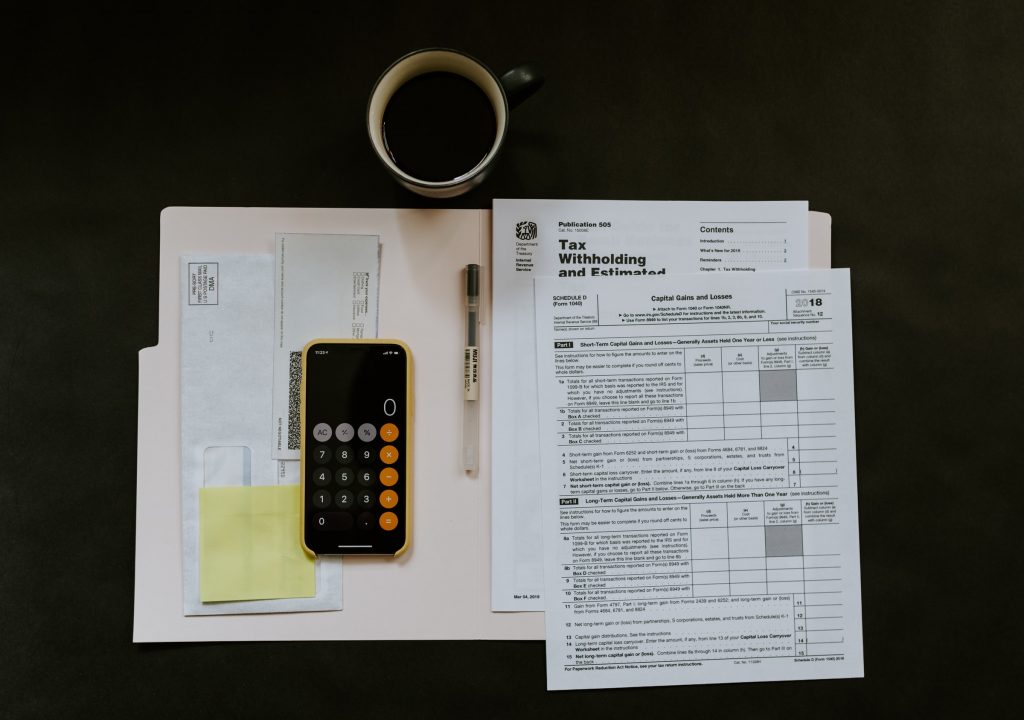
Engineering News
- Phase 1 of South Africa’s carbon tax comes to an end on December 31, this year, with Phase 2 to start thereafter
- Phase 2 will probably involve fewer carbon tax allowances, which may be phased out over time
- The firm anticipates a real GDP growth rate of 2.3% for this year, and a nominal GDP growth rate of 7.2% for the year
The carbon tax rate for this year is likely to increase to R144/t or R145/t of carbon dioxide emissions, from the current R134/t of carbon dioxide emissions, according to PwC.
While professional services firm PwC foresees no significant tax changes in the upcoming 2022 Budget – to be delivered on February 23 – it does expect some Carbon Tax changes and more clarity on its third phase.
Phase 1 of South Africa’s carbon tax comes to an end on December 31, this year, with Phase 2 to start thereafter.
The carbon tax rate for this year is likely to increase to R144/t or R145/t of carbon dioxide emissions, from the current R134/t of carbon dioxide emissions.
Phase 2 will probably involve fewer carbon tax allowances, says PwC. Particularly, the basic tax-free allowance is currently set at 60%, which may be phased out over time.
PwC says carbon tax obligations will also expand to more sectors in Phase 2, including agriculture, forestry and other land use and waste sectors, which have up to now been excluded from the scope of the tax.
The carbon budget allowance will be phased out at the end of 2022. The Climate Change Bill will mandate participation in carbon budgets and it is expected that taxpayers that exceed their carbon budget will be subjected to a penal carbon tax rate of about R600 for every ton of emissions above their assigned budget, the firm warns.
Meanwhile, the firm says the Medium Term Budget Policy Statement (MTBPS) was conservative in its gross domestic product (GDP) growth forecasts for 2022 to 2024. PwC expects this conservative stance to continue in the 2022 Budget, although a slight upward revision could be expected for the current calendar year. PwC says South Africa’s fiscal balance is on a narrowing trend, improving from minus

The firm adds that the outlook for the debt-to-GDP ratio will also look better compared with previous budgets, owing to an improved fiscal deficit.
“We hope the improvement in fiscal and debt metrics following the GDP rebasing will put an end to the decline in ratings.”
The 2021/22 fiscal year is seeing a “remarkable recovery” in tax revenues after falling R175-billion short of the original budget estimate in the 2020/21 fiscal year, which was as a result of the Covid-19 pandemic, states PwC
After forecasting total tax revenues of R1.36-trillion in Budget 2021, the National Treasury made a significant upward revision to this figure to R1.48-trillion in the MTBPS.
This revised estimate is still conservative in PwC’s view and it expects actual tax revenues could come in up to R200-billion higher than the original Budget 2021 estimate, assuming the strong performance in corporate income tax collections continues through March.
In the MTBPS, the National Treasury estimated tax revenues for 2022/23 at R1.52-trillion, only 2.8% higher than the 2021/22 estimate and slightly lower than the nominal GDP growth for the year of 2.9%.
PwC tax policy head Kyle Mandy explains that at a more realistic, but still conservative, nominal GDP growth rate of 5%, 2021/22 tax revenue could reach R1.61-trillion.
Moreover, PwC expects the Budget to provide an update on the Eskom debt and restructuring situations, as well as an announcement about a cost-benefit analysis of the contribution of State-owned entities to the South African economy and society.
The firm also hopes that changes will be made to the governance of the South African Revenue Service, including through amendments to the South African Reserve Service Act and implementation of Zondo Commission-related recommendations.
These structural changes to entities can bode well for policy certainty and, by extension, business confidence and job creation.
PwC chief economist Lullu Krugel says challenges with regard to electricity supply will continue to weigh on business confidence in the foreseeable future, in addition to global risk factors of climate change and social cohesion erosion.
She hopes the economy can grow meaningfully this year to curb rising inflation and the continued high unemployment rates.
The firm anticipates a real GDP growth rate of 2.3% for this year, and a nominal GDP growth rate of 7.2% for the year.
More news
- PART 2: WORLD EARTH DAY: CIRCULAR ECONOMY APPROACH AND THE WORLD’S
- PART 2: MBA NORTH LOOKS TO NEXT 120 YEARS OF INDUSTRY SUPPORT
- PART 1: MBA NORTH LOOKS TO NEXT 120 YEARS OF INDUSTRY SUPPORT
- AMERICAN SOCIETY OF CONCRETE CONTRACTORS BECOMES AFFILIATE MEMBER OF WCA
- SANDTON GATE UNVEILS PHASE 2 DEVELOPMENT PLANS

